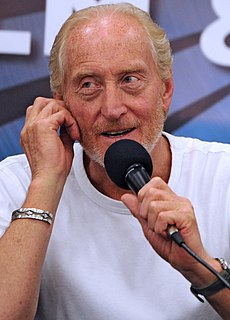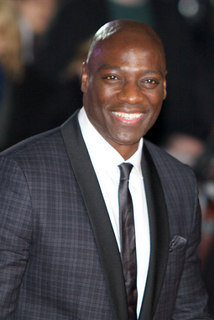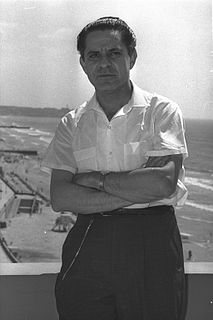A Quote by Edward Albee
What happens in a play is determined to a certain extent by what I thought might be interesting to have happen before I invented the characters, before they started taking over what happened, because they are three-dimensional individuals, and I cannot tell them what to do. Once I give them their identity and their nature, they start writing the play.
Related Quotes
You have got to play the game with the cards that have been dealt to you, and it is of no use for you to bewail your fate because you don't hold different ones. Look them over, arrange them, and play. You certainly must play them before you will get any others, and you need never expect to have other people's cards.
Even when I'm writing animation, I think of them as real people. I think of them as completely three-dimensional beings, even if it's a talking teapot. I don't think of them as one-dimensional drawn characters running around. Maybe that's why, to me, there's really no difference in writing the two - animation versus live action.
When I first started writing plays I couldn't write good dialogue because I didn't respect how black people talked. I thought that in order to make art out of their dialogue I had to change it, make it into something different. Once I learned to value and respect my characters, I could really hear them. I let them start talking.
It's important for people of colour to have the opportunities to play characters that are as nuanced - as three-dimensional, as human - as the characters who we traditionally see getting to play the protagonist. The good guys and the bad guys. The reason that is important is because it's a better reflection of the reality of the world we live in.
Performers should realize they not only have to prepare themselves for concert purposes as far as memorizing their programs goes, but for the business of just walking out before the people …. It is important to play before an imaginary audience too. Before I play in public I very often play a program three or four times as though I were seated before a actual audience.
I've never written a fiction before about real people. . . . I read everything that I could find by people who met them and tried to get some impression of them, but as always when you write fiction, even if you have completely fictitious characters, you start by thinking of what is plausible, what would they say, what would they be likely to do, what would they be likely to think. At some point, if it is every going to come to life, the characters seem to take over and start speaking themselves, and it happened with [COPENHAGEN].
I love my job. It's such a privilege to be able to play such complicated characters. Growing up, I wanted to be a billion different things. I realized in order for that to happen, I don't have to be them all because the characters I want to play require such research and such a transformation to make that work - that's something that I love doing.
Obviously, once you're finished, you're like, "Okay, I have to make this a movie now, and I need people - bodies to play these parts, and actors to bring this thing beyond a script." But when I was writing it, I wasn't thinking of actors; I was really thinking about creating three-dimensional characters.





































